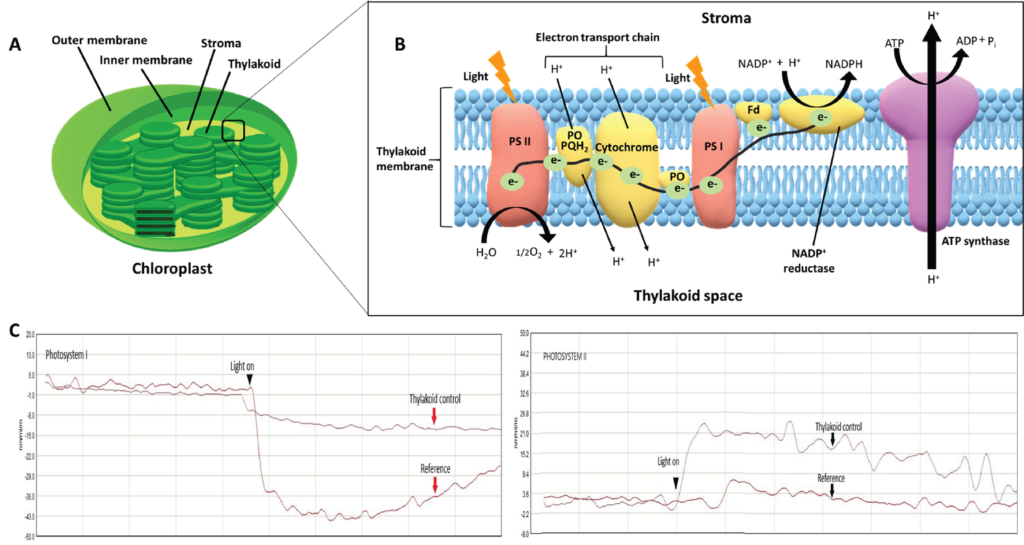

Agrochemicals play a pivotal role in improving agricultural yield, safeguarding crops from devastating pests and ensuring food security. However, their effectiveness depends on understanding their site-of-action within target organisms. In this pursuit, the Biology team at Aragen evaluates novel modalities, scrutinizing their efficacy through specific mechanistic assays which shed light on the intricate workings of insecticides, fungicides, and herbicides, unraveling their mode of action. This offers invaluable insights into sustainable crop protection practices by allowing development of precisely targeting agrochemicals, optimizing efficacy while minimizing off-target effects and combating pesticide resistance.
We are proficient in performing biochemical and cell-based assays using different organism classes like insects, nematodes, fungi, worms and algae. The biochemical assays offer direct evidence of an agrochemical’s interactions with target proteins or pathways, assessing enzyme activity or substrate conversion. The cell-based assays elucidate the agrochemical’s site-of-action, providing insight into their impact on cellular processes.
Aragen’s state-of-the-art facility houses dedicated cell-culture labs to grow various cell lines and is equipped with automated workstations, liquid handlers, multimode plate readers, and oxygraph chambers to accelerate the workflow of biochemical and cell-based assays. Our team is well-versed in performing mitochondria isolation from insects and fungi to study electron transport chain as biochemical sites for agrochemicals development. Additionally, we are competent in isolating thylakoids from plant samples and assessing changes in electron transport rates, ATP/NADPH synthesis, and membrane integrity, facilitating evaluation of the impact caused by the agrochemicals on photosynthetic processes in plants. Thylakoids are specialized membranes within chloroplasts (Figure 1A) that house the photosynthetic machinery—photosystem I (PSI) and photosystem II (PSII) complexes (Figure 1B). Understanding thylakoid function is essential because pesticides often disrupt photosynthesis by targeting these complexes.

Figure 1: Chloroplast (A); photosystem I and II (B); representative oxygraphy recordings (C).
Sources: https://www.nature.com/scitable/topicpage/plant-cells-chloroplasts-and-cell-walls-14053956/;
https://openintrobiology.pressbooks.tru.ca/chapter/unit3-3-2/
Beyond conventional approaches, our Agrochem solutions extend to the latest and evolving targeted protein degradation (TPD) technologies as an additional modality. Adapting degrader platforms for understanding the target involves designing degraders, monitoring protein degradation, performing localization studies and cellular functional assays to quantify and monitor degradation using appropriate tagging systems and by incorporating artificial degrons. The degradation approaches hold significant potential in degrading agrochemical-resistant enzymes and structural proteins, offering a novel approach for crop protection.
Aragen’s scientists have the expertise for developing and executing exploratory studies like HiBiT tagging technology and Western blot assays. HiBiT tagging offers specific labeling of target proteins within cells, aiding in accurately tracking protein fate post-exposure to the agrochemical-based degrader. This high sensitivity platform allows real-time monitoring of protein degradation dynamics in a high-throughput manner and Western blot assays are crucial for detecting and quantifying specific proteins, analyzing changes post-treatment, and validating the efficacy of the agrochemical in cell lines stably expressing the target protein. Together, these methods provide insights into the mechanism of action of TPD-based agrochemicals, contributing to the development of more effective and eco-friendly plant protection strategies.
In the delicate interplay of molecular biology and agriculture, our team has extensive experience of working with agrochemical companies for over a decade and half with state-of-the art facility supporting diverse fields of Agrosciences research.
Aragen’s unwavering dedication to innovation and sustainability promises a greener, more resilient future for crops and ecosystems. To advance your Agrosciences research, partner with us and we will ensure a seamless journey from discovery through product commercialization.
